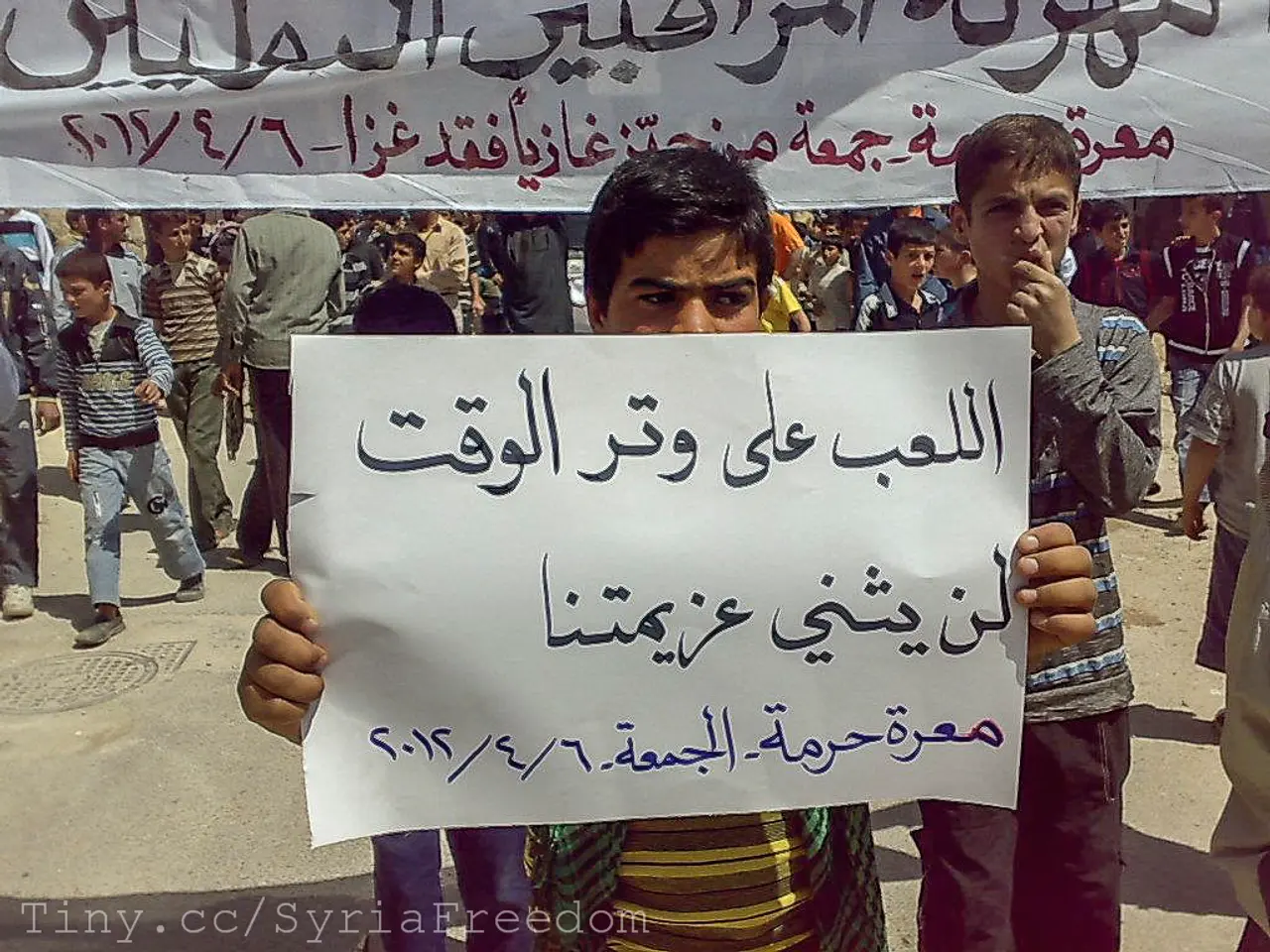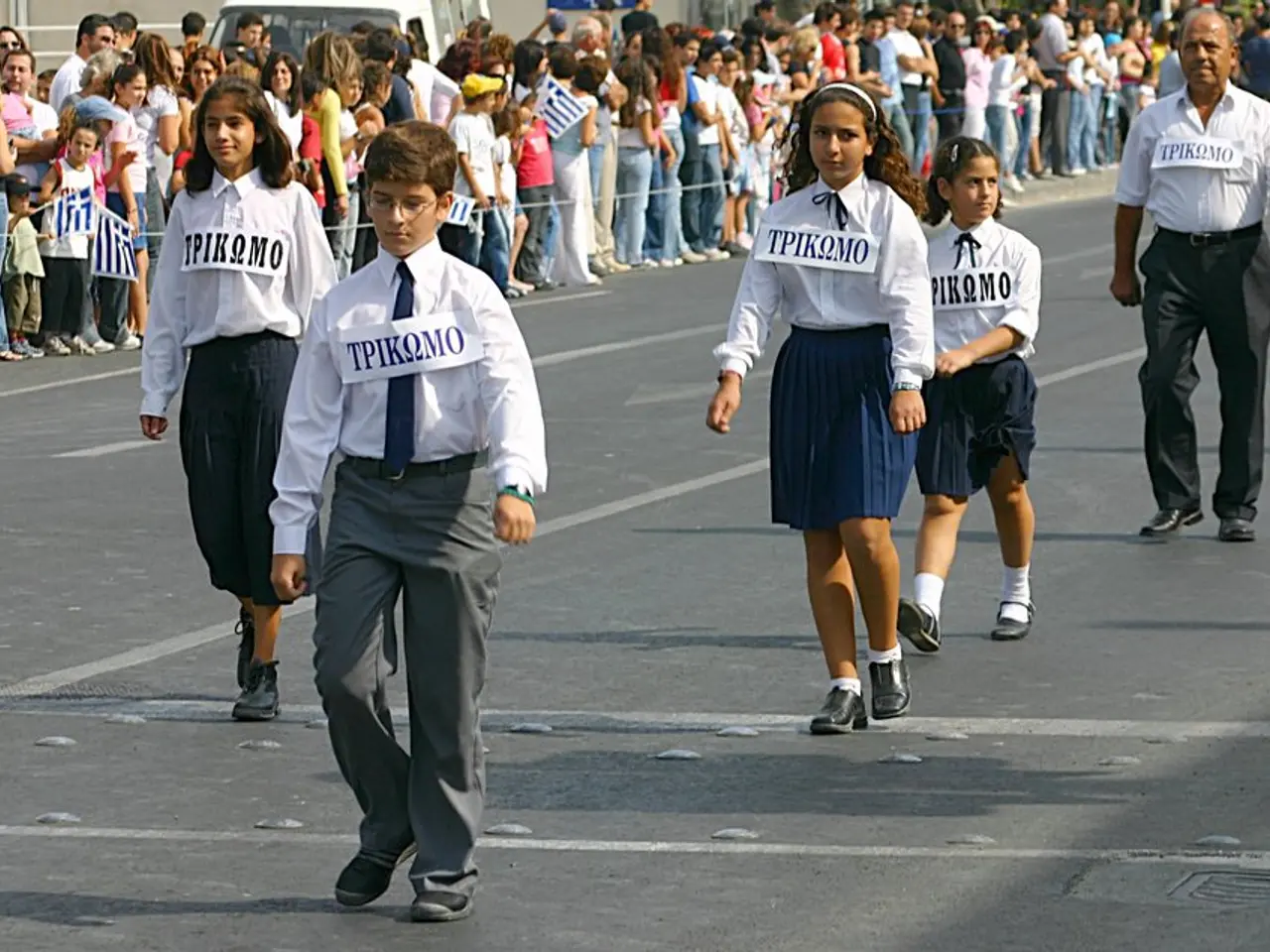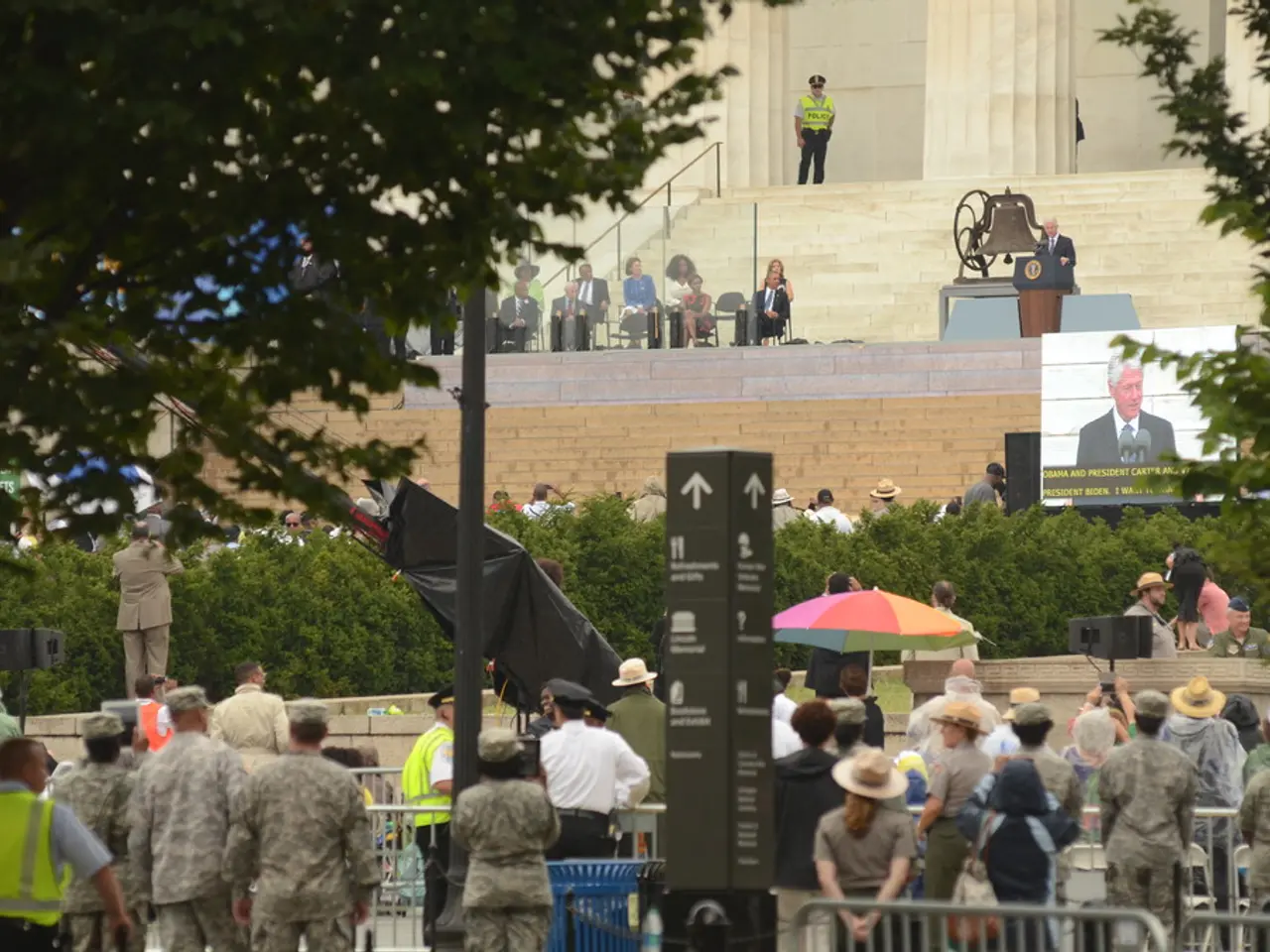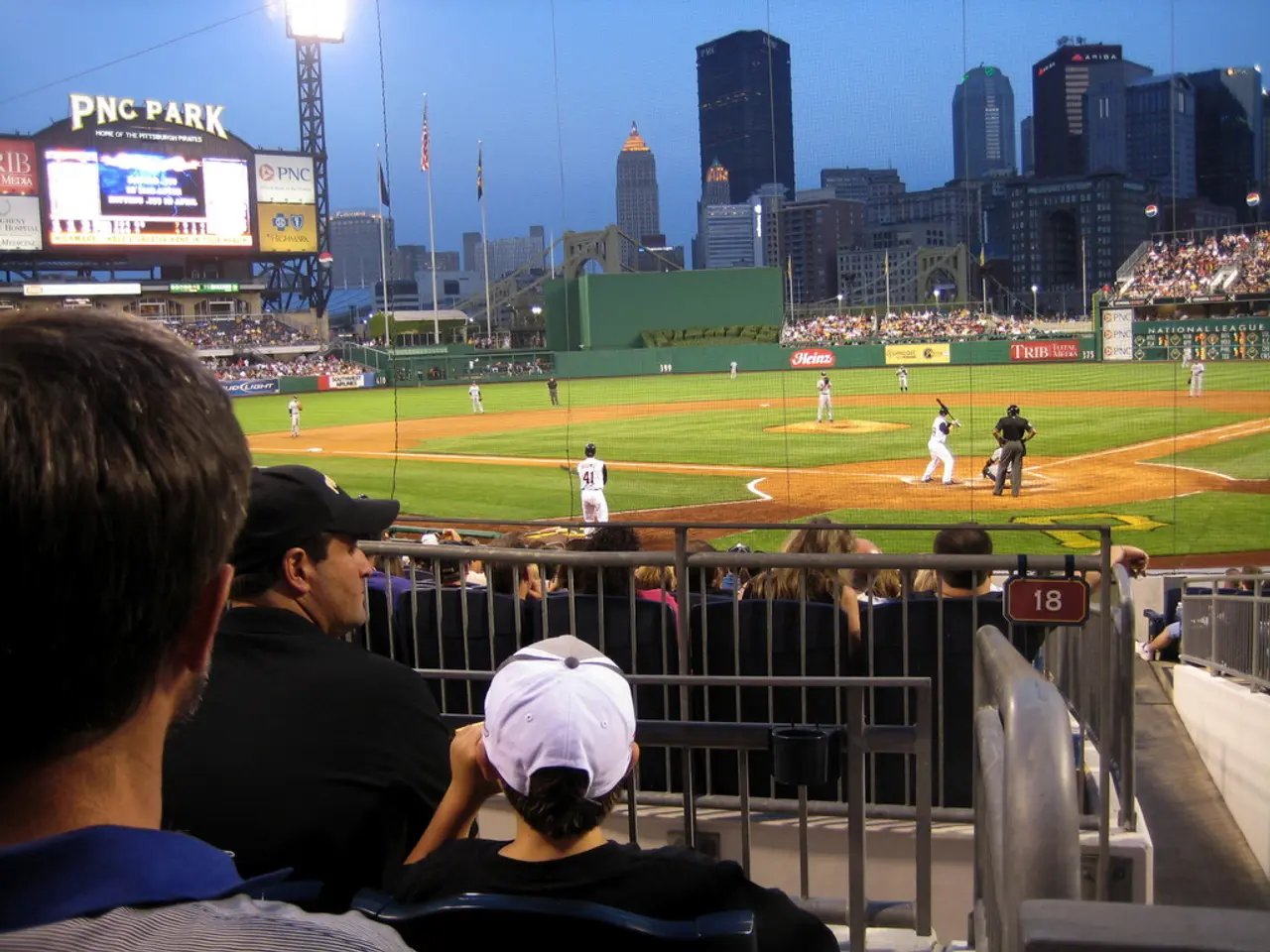Soldiers in Togo disperse demonstrations criticizing the country's long-standing leader.
In the heart of West Africa, Togo is simmering with discontent, as citizens take to the streets to demand change from their long-standing leader, Faure Gnassingbé. On a typical Thursday, the capital, Lomé, was anything but routine – protesters, galvanized by bloggers and activists, congregated en masse to call for the commander-in-chief's resignation. The scene was tumultuous, as soldiers armed with tear gas and batons charged the crowd, dispersing the demonstrators and blocking the main thoroughfares.
The political tension in Togo has been steadily escalating, culminating in last month's appointment of Gnassingbé as President of the Council of Ministers – a role that comes with no set term limit, potentially allowing him to govern indefinitely. Gnassingbé, who has held the reins of power since 1967 through both his father's rule and his own, has faced backlash from opposition parties that view this move as a power grab, akin to a "constitutional coup."
Despite the assembly's wishes, the protestors were swiftly dispersed, shops remained shut due to the ongoing clashes, and Hodabalo Awate, Togo's minister of territorial administration, refused to comment on the security forces' response to the demonstrations. The suburbs of Lomé saw flames engulf makeshift barricades, as protesters, driven by frustration and desperation, burned furniture and tires.
One such protester, Kossi Albert, a 30-year-old unemployed man, emphatically voiced his reason for taking to the streets, "We're hungry. Nothing works for Togolese youth any more, that's why we're going out to protest this morning," he declared, intending to return the following day.
In early June, Togo witnessed demonstrations against Gnassingbé's new role and the authorities' suppression of dissent and cost-of-living crisis, arresting dozens of people, according to Amnesty International. Though many were quickly released, a handful remain in custody – a fact that human rights groups have strongly condemned.
The government's stance on the protests has been defensive, labeling them as acts against the country's institutions. However, critics argue that Gnassingbé's autocratic 20-year rulership has exhausted the regime's legitimacy, prompting the need for change. This political unrest has far-reaching implications, with seven opposition parties and various civil society organizations voicing support for the youth-led movement, indicating a broad coalition determined to challenge the status quo.
War-and-conflicts continue to escalate in Togo, as protests against Faure Gnassingbé's rule have led to clashes between demonstrators and security forces. The political crisis, which has prompted general-news coverage, has also raised concerns about crime-and-justice, with human rights groups condemning the arrests of protesters and the suppression of dissent.






